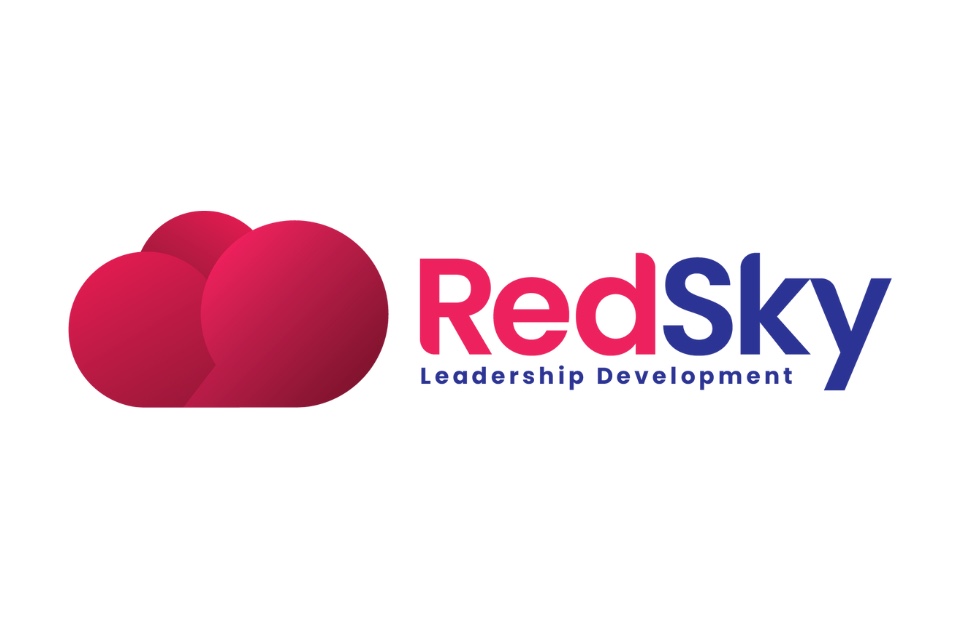By ayming
People development links with the new landscape organisations are seeing from a post-pandemic world. The increased awareness and dependency on leadership to support their staff physically, mentally, and remotely has been a huge wake-up call for many.
From a manager’s perspective, there can be significant challenges in meeting the developmental expectations of employees. Understanding what employees are expecting and, conversely, what is expected from them is fundamental to developing people in the workplace.
We should consider the theory of a psychological contract, first developed in the 1960s by Argyris and Schien. It suggests a contract exists between employer and employees, whereby they both have expectations of the other and obligations to fulfil. Therefore, an employee might expect a degree of responsibility and recognition, while the employer has expectations of loyalty and effort. If these expectations are unrealistic or unfulfilled, it can affect the employees’ motivation, commitment, and overall contribution.
The challenge for leaders is balancing the organisation’s requirements and the individual while maintaining a fair and equitable approach to distributing development opportunities among team members.
It’s no surprise to learn that conflict can often arise. Employees can only successfully undertake personal development when they enjoy a healthy work-life balance. Studies have shown that workers who can maintain a good work-life balance are more likely to engage positively in personal and organisational development. It can also increase staff loyalty, morale, commitment and motivation, reducing staff turnover and recruitment costs.
The challenge we are often posed with by organisations is what training and development they should be providing to support all stakeholders’ expectations. People learn best when they participate in activities or learning that are useful in real-life scenarios and are culturally relevant. Off-the-shelf learning may be insightful but does not have the same impact as specifically designed training. To increase impact, ROI and capacity for delivery, digital learning (e-learning) increases retention rates by 25-60%. Retention rates of face-to-face training can be meagre in comparison (8-10%). This is also reflective of the newly introduced hybrid way of working. It means organisations can improve impact and interaction with their staff while collating insightful data to understand trends and live time feedback. This can provide the rare but sought-after scenario of a win-win.
Want to know more? Ayming builds bespoke globally assured programmes using a mixture of E-learning, technology, and workshops/consulting to deliver measurable results to our clients at all levels.
Get in touch with sward@ayming.com to find out more and discuss your needs with one of the team, or visit https://www.ayming.co.uk/expertise/hr-performance/people-performance-development/.









